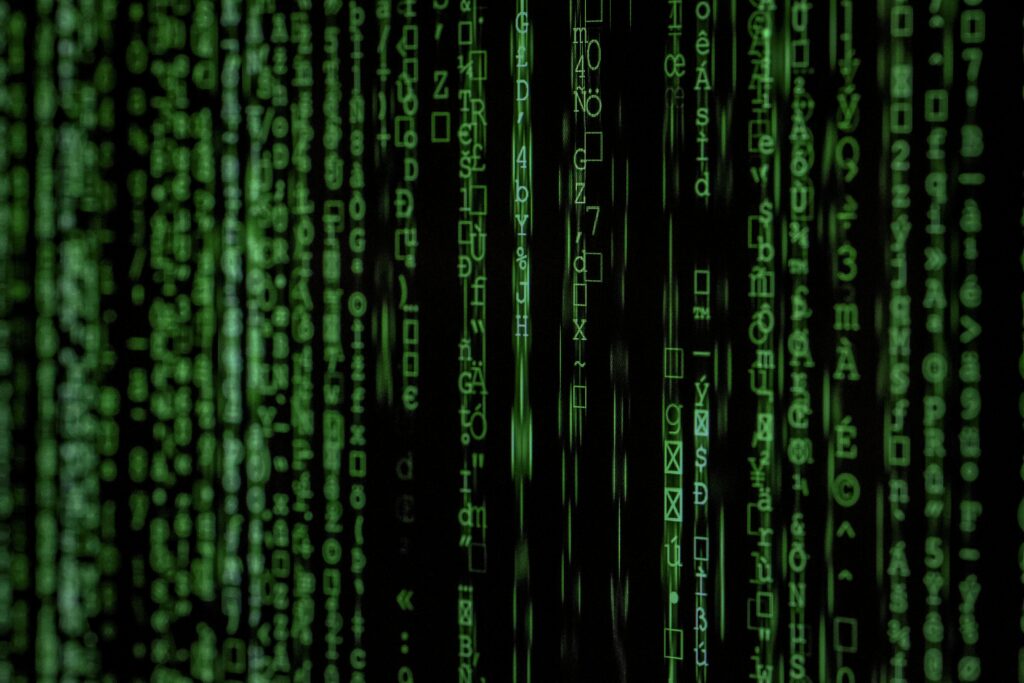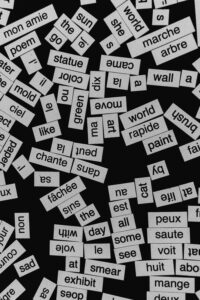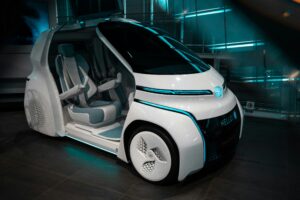Did you know that the world’s first virtual influencer has more Instagram followers than you? Yes, you heard that right. With over 3 million followers, Lil Miquela is not your average social media star. But here’s the catch – she’s not real.
Lil Miquela is a digital creation, a computer-generated model designed to look like a human being. Despite her virtual existence, she has gained a massive following and has collaborated with major brands such as Prada and Calvin Klein. This phenomenon raises the question – are virtual influencers the future of marketing?
According to a report by Business Insider Intelligence, virtual influencers like Lil Miquela are becoming increasingly popular among brands looking to reach younger audiences. These digital personalities offer a level of control and consistency that human influencers can’t always provide. Plus, they don’t age, get involved in scandals, or demand high fees.
While some may argue that virtual influencers lack authenticity, others see them as a innovative way to engage with consumers in the digital age. As technology continues to advance, we can expect to see more virtual influencers entering the social media landscape, blurring the lines between reality and fantasy.
So next time you scroll through Instagram and come across a flawless, picture-perfect influencer, remember – they might just be too good to be true. Welcome to the age of virtual influencers, where the only limit is our imagination.



